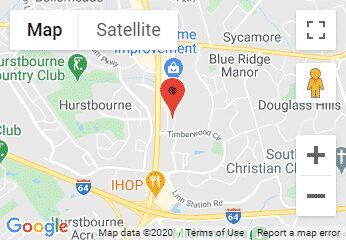How do I get money back from a Commissioner foreclosure sale?

So how do you get money back from a commissioner foreclosure sale? If the sale of your property brings in more at a commissioner foreclosure sale than the claims on the property the former owner can get money back from a commissioner foreclosure sale. However, if the former owner fails to claim the funds on time, the money goes to the State of Kentucky. You must understand that the bank is trying to get back the money it lent plus interest and any costs of the foreclosure. Also, remember that the bank’s attorney works for the bank. Therefore, it is not his job to work for you by ensuring you get the equity back.
Again, if a sale has money left over at the end of the sale, a homeowner has to file a motion to recover it. However, many homeowners don’t just owe the bank. They might also owe income tax liens, property taxes, or judicial liens. All of these claims must also be paid from the proceeds of the sale. Getting money back doesn’t happen the majority of the time but often there is money left over from the sale. Usually, however, most properties bring about 70 to 80% of their value at a Commissioner’s foreclosure sale. It doesn’t happen often but sometimes the bank buys back the property for more than what is owed on the property.
Why is it so hard to get money back from a Commissioner foreclosure sale?
The commissioner doesn’t just hand out checks to anyone who wants money. Even though it might seem obvious that the money left over should go to the former property owner, the commissioner can’t turn over the funds without a judge’s order. That’s because he also holds the funds in trust for the benefit of the creditors after deducting the mortgage, liens, and costs of sale.
All of these creditors who have liens or other claims upon the property must have notice and an opportunity to present claims and be paid. Even if it is obvious the former property owner should be paid, these parties still have to be given notice when you file a claim for the funds.
These people and claims can be for building code violations, or they can be other heirs of the original owner. Unfortunately, filing a proper motion and order to release these funds is often difficult. The difficulty might come from a few different reasons. One is that bidding wars may have driven up the price of the property. So, although it was worth only $150,000, some buyers might have paid $200,000 to guarantee they obtain a prize property. However, when there is a surplus, the bank doesn’t get this money. Rather, the prior owner does. The bank gets the full amount of the loan plus attorney fees, court costs, and interest. However, the excess equity above the claims goes to the owner if he asks for it.
What happens after the Commissioner foreclosure sale?
What happens is often the owner moves and forgets to check on whether they are owed money from the sale. The bank is not responsible for getting this money to the owner nor is the Commissioner. But, if the money sits in the Commissioner’s trust fund long enough it is eventually sent to the Kentucky State Treasury who does not always send notice to the owner. The problem is, often the owner has moved or is evicted. Unfortunately, most often any notice goes to the former address and the owner never gets the notice.
The money is held for a time in the Commissioner’s trust account. But, usually, after about 1-2 years after the sale, these funds are turned over to the State Treasury unclaimed property fund. This unclaimed property is only held by the Secretary of State for a time then it is turned over to the State of Kentucky. Currently, this fund has about a half-billion in property and cash in it.
The unclaimed property fund is managed and guarded by the secretary of state. The unclaimed property fund also has insurance proceeds, bank funds, payroll checks, contents from safe deposit boxes, and unclaimed checks. After three years most financial institutions turn over this property to the Kentucky State Treasury.
If you have equity left over after a foreclosure sale, be sure to call me, Nick C. Thompson, Attorney at 502-625-0905.







